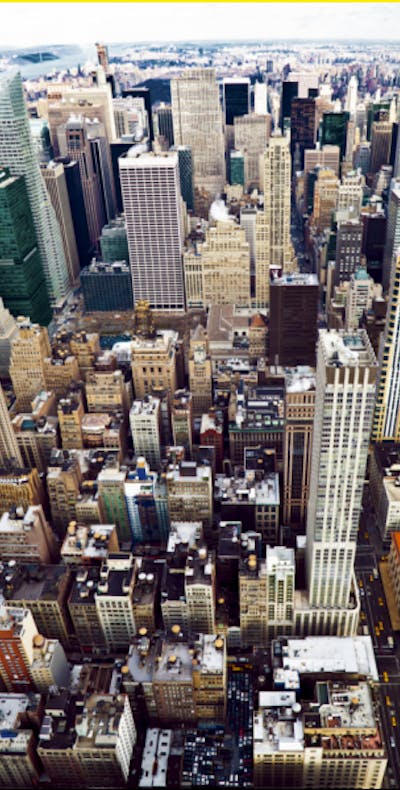
The Future of Human Rights in an Urban World
This collection of eight essays explores the opportunities and challenges that a rapidly urbanizing world with megacities poses for human rights and for the work of human rights advocates in particular.
The implications of urbanisation and the rise of megacities for human rights
The world is inexorably becoming urban. Already, more than half of the world population lives in cities. By the end of this century this will be 90 percent. Cities have a direct impact on the lives of billions of people. Moreover, megacities like Beijing, New York, Sao Paulo and Delhi expand their political weight at the international stage. Nonetheless, the implications of urbanization for human rights are still unclear. Therefore Strategic Studies, an initiative of Amnesty International Netherlands, publishes a new volume in its Changing Perspectives on Human Rights series: The Future of Human Rights in an Urban World.
Decentralisation, social inequalities, securitization and urban rights for migrants
The essays discuss different views on and aspects of human rights in an urbanized world. One of the authors emphasizes the positive role that mayors play in protecting the rights of migrants, which might create opportunities for human rights advocates. Other authors foresee a world marked by the urban divide between rich and poor in which rights to housing, privacy and protest are increasingly restricted. In this new collection of essays, politicians, policymakers and human rights activists will find inspiring and worrying trends, thoughts and visions on human rights and the city.
Contributors to this Changing Perspectives on Human Rights volume
Thijs van Lindert and Doutje Lettinga (eds), The Future of Human Rights in an Urban World. Exploring Opportunities, Threats and Challenges. Contributions from: Esther van den Berg and Barbara Oomen, Benjamin Barber, Parag Khanna, Marie Huchzermeyer, Margaret Kohn, Gregory Smith Simon and Sharon Zukin, Stephen Graham, Rivke Jaffe and Erella Grassiani.
